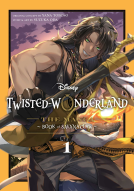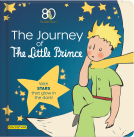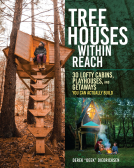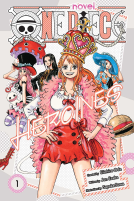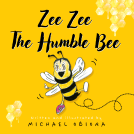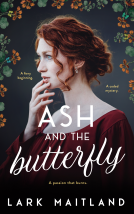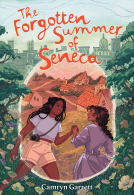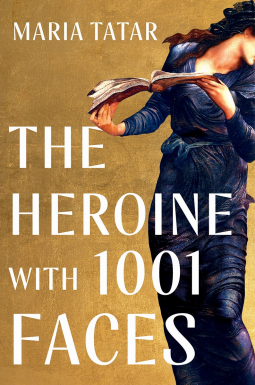
The Heroine with 1001 Faces
by Maria Tatar
This title was previously available on NetGalley and is now archived.
Send NetGalley books directly to your Kindle or Kindle app
1
To read on a Kindle or Kindle app, please add kindle@netgalley.com as an approved email address to receive files in your Amazon account. Click here for step-by-step instructions.
2
Also find your Kindle email address within your Amazon account, and enter it here.
Pub Date 14 Sep 2021 | Archive Date 31 Aug 2021
W. W. Norton & Company | Liveright
Talking about this book? Use #TheHeroinewith1001Faces #NetGalley. More hashtag tips!
Description
Category: Literary Criticism
World-renowned folklorist Maria Tatar reveals an astonishing but long buried history of heroines, taking us from Cassandra and Scheherazade to Nancy Drew and Wonder Woman.
How do we explain our newfound cultural investment in empathy and social justice? For decades, Joseph Campbell had defined our cultural aspirations in The Hero with a Thousand Faces, emphasizing the value of seeking glory and earning immortality. His work became the playbook for Hollywood, with its many male-centric quest narratives.
Challenging the models in Campbell’s canonical work, Maria Tatar explores how heroines, rarely wielding a sword and deprived of a pen, have flown beneath the radar even as they have been bent on social missions. Using the domestic arts and storytelling skills, they have displayed audacity, curiosity, and care as they struggled to survive and change the reigning culture. Animating figures from Ovid’s Philomela, her tongue severed yet still weaving a tale about sexual assault, to Stieg Larsson’s Lisbeth Salander, a high-tech wizard seeking justice for victims of a serial killer, The Heroine with 1,001 Faces creates a luminous arc that takes us from ancient times to the present.
About the Author: Maria Tatar is the John L. Loeb Research Professor and a Senior Fellow at Harvard University. She is also the editor of the Norton Critical Edition of The Classic Fairy Tales and The Annotated Brothers Grimm.
Available Editions
| EDITION | Hardcover |
| ISBN | 9781631498817 |
| PRICE | US$30.00 (USD) |
Featured Reviews
 Librarian 230799
Librarian 230799
An essential for all library fairy tales and folk lore collections. As always, the writing here is imminently readable. I learned a great deal.
 Educator 505105
Educator 505105
Maria Tatar is excellent at unravelling threads and themes of myth and fairytale, of contextualising them historically and looking, too, through a cultural and psychological lens. Here she takes on the giant figure of Joseph Campbell - not unkindly, and not, I think, without fondness - and looks at the places his vision didn’t go and where his theory stopped short: the female hero. As she points out, these exist in the history of folktale and myth, and always have; but their journeys are different from those of the classic Campbell male hero. They are the stories which drop out of the fairytale canon, which are there even in Grimm but haven’t stuck fast. I was familiar with most of these tales - Fincher’s Egg, Bluebeard, Mr Fox, et cetera - but this was still delightful for the way it shook Campbell’s thinking up and turned it out. But then Tatar pushes it further, looking at contemporary female heroes and how their journeys match - or don’t - the arc of historical fairytale female heroes. This is something that could feel forced or tacked on, an attempt to position the book in the present, but it doesn’t: Tatar builds up her argument and critical apparatus and runs stories like The Hunger Games through it. It works.
Re: the gentle, rueful examination of Campbell - this is paired with a similar glance at Tatar herself as a student, and reflects on the way she dismissed the young Elaine Showalter’s scholarship at the time. It’s a generous work, not sparing herself either, and showing how the arc of history and criticism moves.
